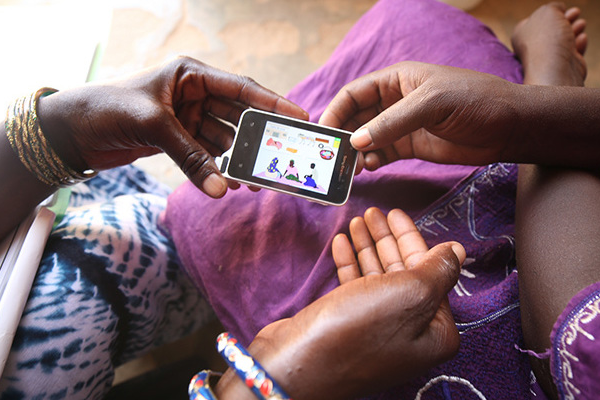 How can ICT4D improve healthcare in developing countries?
How can ICT4D improve healthcare in developing countries?
There are many ways in which ICT4D (Information and Communication Technologies for Development) can improve healthcare in developing countries. Some examples include:
- Telemedicine: ICTs can be used to connect healthcare providers in remote or underserved areas with specialists in urban centers, allowing for the delivery of high-quality medical care to people who might otherwise not have access to it.
- Health information systems: ICTs can be used to create and maintain electronic health records, which can improve the accuracy and efficiency of healthcare delivery and reduce the risk of medical errors.
- Disease surveillance and outbreak response: ICTs can be used to track and monitor the spread of diseases, allowing for more effective and timely responses to outbreaks.
- Public health campaigns: ICTs can be used to deliver health education and information to large populations through social media, mobile apps, and other digital platforms, helping to raise awareness about health issues and promote healthy behaviors.
- Supply chain management: ICTs can be used to improve the management of medical supplies, ensuring that they are delivered to the right place at the right time, and helping to prevent shortages and wastage.
Overall, the use of ICTs in healthcare can help to improve access to care, quality of care, and the efficiency of healthcare delivery in developing countries, ultimately leading to better health outcomes for the populations served.
Read More About ICT4D in Healthcare Below
4 Reasons for Large Scale SMS Text Surveys in Developing Countries
We know that SMS is a cheap, convenient, easy to adapt and automate, and non-intrusive way to collect data. But compared to face to face or phone interviews, text...
9 Considerations for Seamless Mobile MERL Solutions
With mHealth a fast growing component of health delivery systems, many organisations are developing mobile and digital solutions to tackle health problems around...
Getting Better, Faster Feedback with Mixed Methods in mHealth
There are several projects that use mobile multimedia for health education in hard-to-reach rural settings, where video, being non-textual, enables the educational...
Pop Quiz: What Is the Difference Between mHealth, mEducation, and mAgriculture?
I do hate sectoritis – the innate desire of development actors to isolate into health, education, agriculture, civil society, and all the other sector silos...
Open Deliver: A Process for Managing Educational Digital Content
At its most fundamental level, the role of mobile technology within health systems should be to improve access to and sharing of valid health information....
A Practical Guide for Engaging with Mobile Network Operators to Improve mHealth Outcomes
The field of mobile health (mHealth) is experiencing a real need for guidance on public–private partnerships among players as diverse as the mobile industry,...
3 Lessons Learned Deploying eHealth Solutions for Nigerian Health Systems
The Federal Ministry of Health has identified several key challenges for the healthcare system in Nigeria to ensure the availability of life-saving commodities...
3 Recommendations to Scale Digital Health Interventions by Institutionalizing Them in Service Delivery Systems
The digital health community is on a journey to deliver health impact. We have achieved considerable success in the past decade, demonstrating that information...
Why Do Evaluations of eHealth Programs Fail? 10 Guidelines for Success
Much has been written about why electronic health (eHealth) initiatives fail. Less attention has been paid to why evaluations of such initiatives fail to deliver...
The Role of Connectivity in Emergencies: A Case Study of Ebola
The Ebola crisis revealed that a dearth of ICT capacity in Guinea, Liberia, and Sierra Leone prevented or greatly impeded access to and the exchange of information,...











